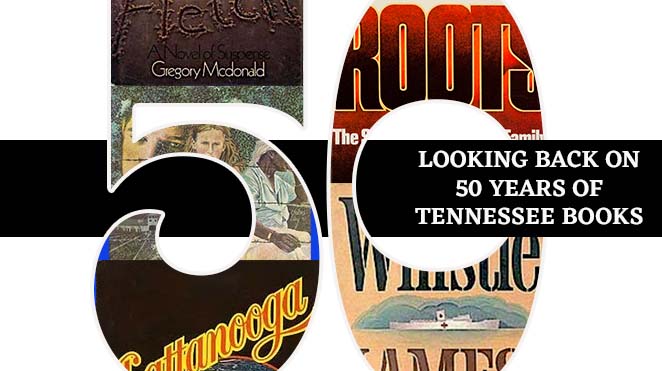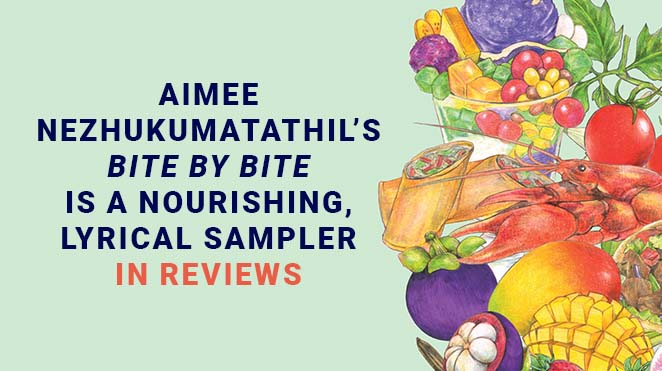Here’s one reason why I doubt myself.
Sometimes my mind slips into the wrong time period. Apparently this happens when light sneaks into my eye at the right secret angle, but I never know even a moment ahead when photons will dupe me. Suddenly my brain’s erratic video channel is replaying a parade of solemn cars raising clouds of gravel dust on Highland Lane. It’s April 1961, and I am three. I stand barefoot in the yard, and as soon as I type these words my former self is all but waving to the camera’s viewfinder, which cuts to a close-up as he squints in cold wind. Oh, for all I know, I took off my shoes for this paragraph; I’m like Heisenberg trying to remember his childhood. Whatever happened to that child actor who played that kid on that show?
For a moment the boy watches from the hearse, but he was not in the hearse. He saw caskets on TV and later at the funeral home where stiff mourners partied with obsequious tables. He knew a coffin’s architectural facade, its handles like drawer pulls but oddly limp for metal. In the passing cars, trapped morning sun warms upholstery, not Mom’s shadow, which falls instead a cloud on the oval braided rug. She’s watching through stair-stepped windows in our front door, watching a boy not barefoot in the lower right corner of the lower right window. Hello, Central Casting? I need a mom in Bay of Pigs period costume, hillbilly species. Oh, and I’ll need another dad; I just sent one back in a box like a broken G. I. Joe.
All those years I dreamed I watched my father’s final bed passing our house, and that TV mom crying in a car window, I dreamed these cinematic moments even after learning that Dad’s funeral procession did not parade under leaning pines to the square hole in the round hill, but took a different route through town because a bridge was out. I could not have watched. I was audience for someone else’s last ride down Highland Lane. I did not watch daddy go bye-bye. Those people, do they still talk about that windy day, the threat of rain, that boy staring like a Kennedy from someone else’s yard? No. They weren’t looking. Or they were looking and they didn’t see. Or they were looking and they saw but my little I in their eye faded like invisible ink as they looked away, and then it was time to park the cars and shuffle around and bury—someone.
Those people, do they still talk about that windy day, the threat of rain, that boy staring like a Kennedy from someone else’s yard? No. They weren’t looking. Or they were looking and they didn’t see. Or they were looking and they saw but my little I in their eye faded like invisible ink as they looked away, and then it was time to park the cars and shuffle around and bury—someone.
But my father is indeed buried there, too, in the lovely and quiet hilltop cemetery at the end of the road, the Hedgecoth family cemetery with its guardian meadow of Queen Anne’s lace and goldenrod. He has patiently lain for decades on his side of the big bed of which the gravestone is headboard. I think sometimes during a thunderstorm of the liberated elements and moralizing bones of my father. I think of his last journey and see a square of sod opening like a door to a cellar. They close the door and return to coffee and sweat and hot baths and mown grass and dirty laundry and summer wasps and grocery lists. I pour yellow orange juice into a blue glass and pull on warm socks from the dryer while he lies snug in his new bed. Overhead fox and vole, wasp and cricket, perform the rote gestures and fatal spats for which nature programs them. Us. Moles bump their heads on his pillow. Roots embrace him, trying to reach his nutrients. I will be nutritious, too, some day. He was born in 1923, my dad, and when he died was not yet 38 years old. I’m already fifteen years older than he was when he died and will be older still when you read this, or possibly dead, too, because in the immortal words of Fats Waller, “One never knows, do one?”
The other side of the bed awaits my mother, born in 1927, although every year I spend a minute figuring out if it was on the twenty-fourth in 1927 or on the twenty-seventh in 1924, and then I feel guilty for forgetting such a thing even for three seconds. But now as I type this I naturally wonder if I’ll have to revise this paragraph soon, because she is, after all, 83. She is, after all. How long will it be before they fill in the last date on her side of the bed? The dates are incised in polished granite (the winners write history) that proclaims This happened; it can’t be changed. Sometimes I find a cocoon in the rounded canyons of the vowels, but apparently sleepy caterpillars can’t get comfortable in the angular consonants.
On winter mornings in this cemetery there is a gift from the night: frost hiding from the sun, exactly filling square shadows, reluctantly shrinking as it crawls around gravestones until it can hide no more. In summer moonlight in the wet field beyond the graves crayfish battle, aliens wrestling under the stars with a clatter like seashells, defending their castles of mud. Solemn as deacons, frogs eulogize the dead—weapons taken, points scored, the inelegant scraps of a lifetime of struggle. To the moon their prayer might as well be laughter. Next day in the sunlight, tiny mud towers aspire to stone. Around them lie trophies, dismembered blue claws, lost weapons that fade with the day. By dusk they’re white souvenirs.
Excerpted from Kingfisher Days, a work in progress by Michael Sims. Copyright (c) 2010 by Michael Sims. All rights reserved.





